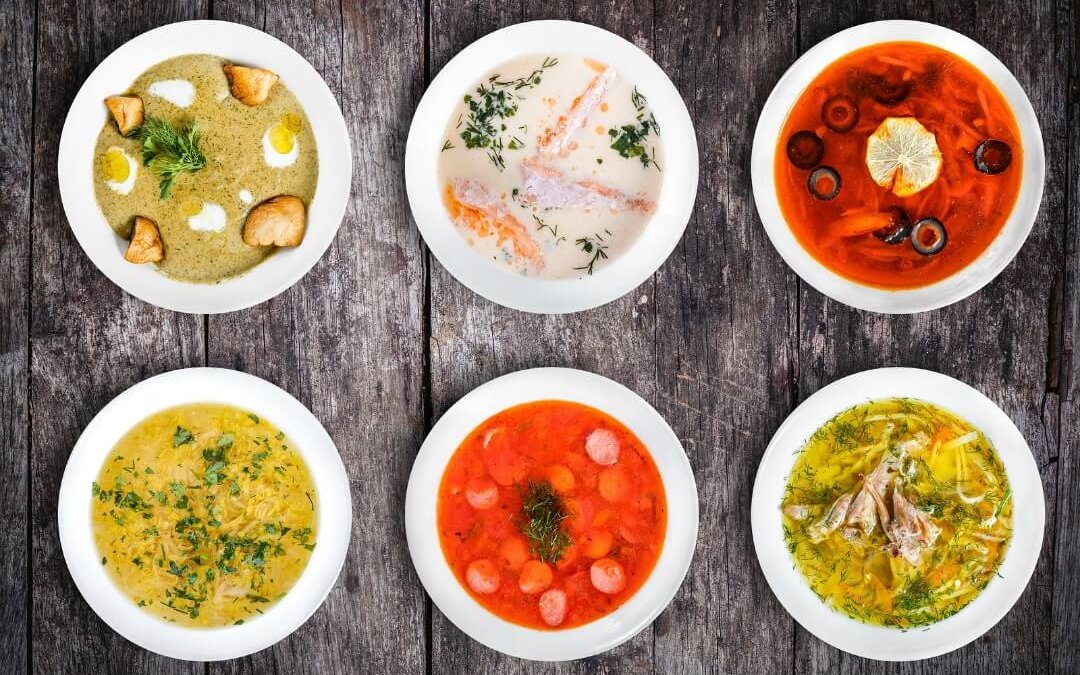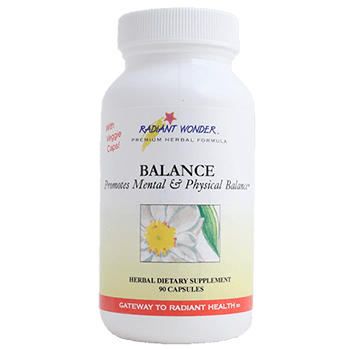During the cold winter months, or after an operation, chemotherapy, a miscarriage, or giving birth it is important to bring the body back to its normal balance. Food is so important. Warm, easy to digest nourishing food. Soups and stews are so health-giving. They are easy for the body to absorb and the extra liquid helps rehydration because the body needs to build new blood and it requires lots of warm liquids to do its job more quickly. Also, be sure to rest when your body wants to rest. Sleep is healing. The Chinese Herbalist says that sleep builds Yin, the substance used to renew and replenish your body’s normal functioning. This is easily also a list of great foods to eat in the colder months of the year. If you are not in the US then use native foods which are similar.
(Note: if you don’t eat meat substitute tempeh or another protein of your choice.)
Chicken: warming and sweet. (sweet taste is good for your digestion – restoring your energy).
This is not the “sweet” of candy, but sweet energy foods and herbs) Chicken is an energy tonic and directly affects digestion (spleen – pancreas and stomach). Chicken also increases jing and improves the condition of the bone marrow. Avoid the common commercial chicken because of the hormones they are fed. At this point, you want to allow your own body’s hormones to rebalance.
Lamb (very warming and also sweet):
Lamb also is an energy tonic (a chi tonic). It is special in that it generates internal warmth. The energy of pregnancy is called “heat” and postpregnancy is called “ice”. So it is important to warm the body. Lamb improves blood production. Lamb is also famous for strengthening a man’s sexual power and erection. Interestingly enough, commercial lamb is typically given fewer antibiotics and drugs than other red meats and often grazes on unsprayed grassland.
Beef (warm and sweet):
Energizing. Builds blood, strengthens the digestive system, releases excess fluid, strengthens the bones and tendons.
It is good to have warm foods and easy to digest foods for many weeks after you have given birth, had a miscarriage, chemo, or any operation. Energetically, this is the time to build blood and then gently start moving the blood. You can eat meats alone, but it is wonderful to make a stew and then eat it for a few days.
A wonderful way to start any stew is to stir fry some brown onions in a little olive oil at the bottom of the pot. (or if you are using a crockpot, then cook them on the stove and put them into the bottom of the pot. Then layer the root vegetables you love into the pot, add water. Let it simmer for hours. Yummy.
Onion (warm and pungent):
Strengthens the digestive system and the lungs. Cooked onion (cook it alone until it becomes translucent, then add other ingredients) also reduces phlegm buildup in the body. In TCM we think of ”phlegm” as sticky mucus, and consider it a major element in ovarian cysts, cholesterol build-up, fat accumulation, sinus and lung congestion.
Carrots (neutral, sweet):
Strengthens the digestive system and the lungs
Celery (cook, bitter, sweet):
Strengthens digestive system, liver and kidney jing
Garlic (warm, pungent) (lungs, stomach):
Good for warming and expelling internal cold. Also promotes energy circulation, needed at this time of healing
Ginger (dried, not fresh) – (hot, pungent) (lungs, stomach):
Also warming, especially benefiting the digestion.
Sweet Potato and Yam (neutral and sweet):
Strengthens the digestive system and promotes qi energy. Removes toxins from the body.
Turnip (neutral thermal nature, pungent and sweet) (includes the Japanese Daikon):
Turnip is a good source of sulfur, a warming, purifying element. Because of its alkalizing nature, sulfur, and other factors, turnip detoxifies the body. Turnip also reduces phlegm buildup in the body. In TCM we think of ”phlegm” as sticky mucus, and consider it a major element in ovarian cysts, cholesterol build-up, fat accumulation, sinus and lung congestion.
Potato (natural thermal nature; sweet flavor):
Mildly diuretic; tonifies the digestive system and chi energy; harmonizes the stomach; lubricates the intestines; fortifies the yin aspect of the kidneys.
Burdock (cool, pungent, bitter):
Strengthening and detoxifying
Lotus Root (cooling nature; sweet flavor):
Very healing; promotes dieresis; quenches thirst; strengthens the stomach; clears heat and cools the blood; stops bleeding; relieves irritability.
Barley (cooling thermal nature; sweet and salty flavor):
Strengthens the spleen-pancreas, regulates the stomach, and fortifies the intestines; builds blood and yin fluids and moistens dryness; diuretic effect; benefits the gall bladder and nerves; very easy to digest. (the ultimate barley to buy, if you can find it is called Coix seed, Yi Yi Ren, or “Job’s Tears”. You can usually find it in the macrobiotic section of the health food store. It is expensive, but you don’t need more than 2 Tablespoons in any dish. It is very strengthening.)
Black Bean (warm and sweet):
Nourishes the Jing, the Yin and strengthens and nourishes blood, brightens eyes, promotes diuresis, and strengthens the kidneys. Note: do not simply put the beans in the stew. Black beans should be soaked the night before you cook them. Put what you are going to use in a pot, cover with water, bring to a boil and turn off the pot. Cover and leave overnight. THROW AWAY the water in the morning. Then add to your stew. This will prevent the beans from causing gas.)
Garbanzo Bean (chickpea) (sweet flavor):
Benefits the pancreas, stomach, and heart; good source of iron and unsaturated fats, vary in size and color.
Leeks (astringent in nature; pungent and sour in flavor):
Associated with the liver; used to treat dysphasia; counteracts bleeding and diarrhea.
Mung Bean (cooling thermal nature; sweet flavor):
Detoxifies the body; benefits the liver and gall bladder; builds yin fluids; diuretic; reduces swelling; used to treat food poisoning, dysentery, diarrhea, painful urination, mumps, burns, lead and pesticide poisoning, boils, heat stroke, conjunctivitis, and edema.
Many people make the stew and then freeze it in small plastic bags or containers. They can take a container to work and throw it in the microwave, or pull a bag out and add it to the noodles they made for dinner.







